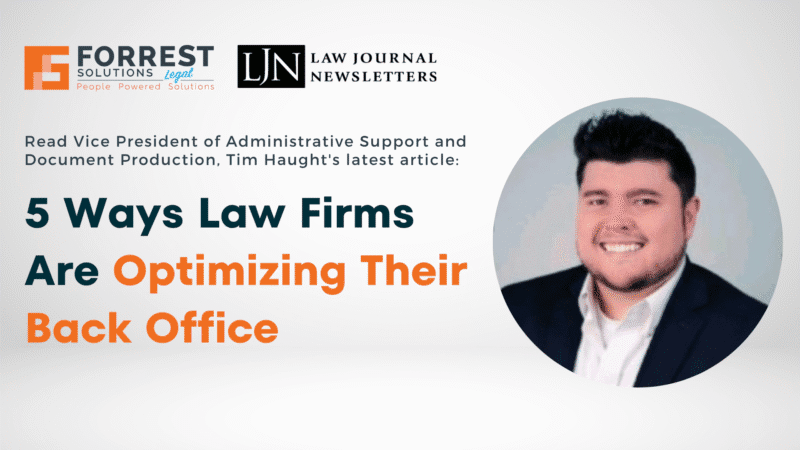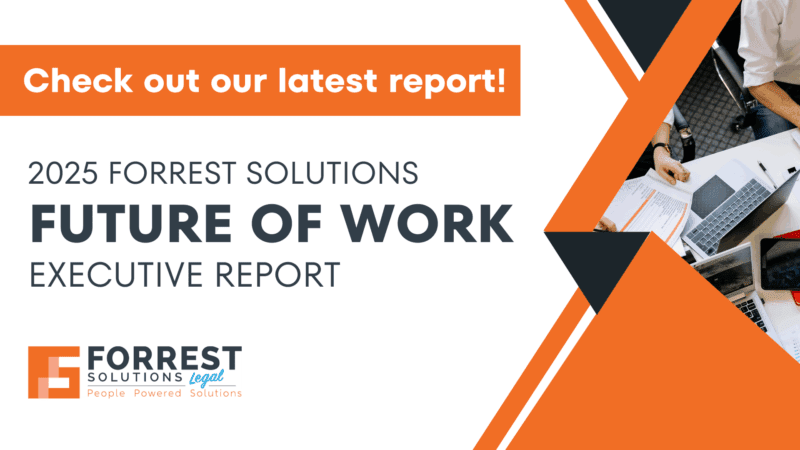How does compliance and risk assessment factor into decentralized finance systems?
By Joe Pirrotta
This article originally appeared in Legaltech News here
Interest in digital assets such as cryptocurrency and NFTs has boomed in the last five years, and with it has come fascinating, innovative approaches to creating a new decentralized financial system. But the stunning growth of the industry is not without its setbacks. The recent volatility in the market, spurred by crashes in the Luna/UST stablecoin has eliminated trillions of dollars in value in a matter of weeks.
Luna purported to be a safe digital asset not prone to market volatility, but when major investors pulled their funds from the asset, it created the cryptocurrency equivalent of a bank run. In a matter of days, this digital asset that used algorithms to maintain its “peg” to the value of the US dollar entered a death spiral and became almost worthless. This sudden collapse of one of the largest cryptocurrencies, along with various global macroeconomic headwinds, kicked off a bear market, also known as a “crypto winter”. The market pullback has caused layoffs and a slowdown in hiring across the sector.
Even so, cryptocurrency is not going anywhere anytime soon. If anything, these recent examples serve to illustrate the need for insight and monitoring of regulatory compliance. And there’s a lot to do. Alternative legal service providers have become an integral partner of both traditional and emerging companies’ legal and compliance departments to provide an array of compliance and risk assessment services. ALSPs provide flexible talent and expert-led processes to help firms weather the “crypto winter” while doing more with less.
Know Your Customer
One of the early promises of cryptocurrency is that of a decentralized, globally accessible financial system, and with that comes a certain level of anonymity. That anonymity does not absolve cryptocurrency exchanges and other decentralized financial services from maintaining a strong anti-money laundering compliance program.
A core element of such programs is Know-Your-Customer (KYC) practices. Both traditional and decentralized financial services organizations are required to establish the identities of the individuals involved in transactions on their platforms and ensure that those individuals are not transacting with illicit funds, participating in money laundering, or financing terrorism. A recent report by Reuters shows how criminals leveraged Binance, the world’s largest cryptocurrency exchange, to use illicit funds for a variety of illicit purposes.
Financial services firms must, therefore, perform a number of checks on individuals and organizations performing transactions on their platforms, including basic identity verification, and cross checks against various government sanctions lists.
A question remains as to how Binance spun so far out of control. Reuter’s investigation points out that the exchange’s compliance team often struggled to keep up with the workload of verifying customer identities. This is a common issue when legal and compliance departments are forced to do more with less, especially when facing economic headwinds such as the current downturn in crypto markets.
This is why ALSPs have supported corporate legal and compliance departments KYC functions for years by helping clear a customer identity verification queue, as well as investigating transactions to ensure that they don’t run afoul of export control statutes. Firms looking to cut costs during the market downturn would be well-suited to leverage an outside partner to support this work.
ALSPs are experts in supporting repeatable, process oriented legal tasks, freeing up in-house legal and compliance teams to focus on thornier issues. Additionally, by leveraging a pool of flexible talent supported by subject matter experts, companies inure the benefit of leveraging scalable teams that have supported compliance departments across the sector. This is far more cost effective than training new teams in the midst of market volatility.
Know Your Risk
As cryptocurrencies gain mainstream acceptance, both retail and institutional investors have turned to crypto vehicles as a means of diversifying their portfolios and increasing returns compared to traditional asset classes. At the same time, many digital asset projects remain highly speculative investments rife with risk and fraudulent activity.
We often hear about so-called “rug pulls” or incidents where cryptocurrency or NFT developers abandon projects shortly after raising significant amounts of capital from unsuspecting investors. Recent DOJ enforcement actions against a number of fraudulent actors involved over $100 million in intended losses from prospective investors. These bad actors are not only leveraging newer fraud attempts such as the rug pull, but also participating in more traditional Ponzi schemes.
To that end, investors need to perform appropriate due diligence before allocating capital to digital assets. ALSPs can help organizations understand the qualitative risk of various assets to help determine whether they are an appropriate vehicle for capital exposure. ALSPs can deploy teams of skilled researchers to perform due diligence on various digital asset projects, ensuring that the projects’ development teams have been properly vetted and that the underpinning assets stand up to the level of scrutiny required.
Know Your Regulatory Requirements
The current crypto market meltdown and collapse of so-called stable currencies has launched a flood of lawsuits with both retail and institutional investors attempting to recover lost value in their assets. It has also caused lawmakers to call for urgent action to regulate the space. As new legislation is evolving from numerous government sources, many legal and compliance departments struggle to keep abreast of the vast and tumultuous number of regulatory requirements applicable their firms. The borderless nature of cryptocurrency transactions adds an additional layer of complexity to a firm’s regulatory landscape, exposing companies to regulation in jurisdictions where they never expected to conduct business.
ALSPs can assist firms with regulatory mapping to get a better understanding of a firm’s compliance obligations. By monitoring and categorizing the numerous and rapidly evolving rules and regulations coming into the sector and mapping those regulations to current company policies, an ALSP can help a company identify any potential compliance issues. The company can then implement updated policies to shore up any risk and avoid potential litigation or enforcement actions. ALSPs, with their technological acumen, project management expertise, and scalable bench, can work with subject matter experts within the company’s legal and compliance departments to develop repeatable processes to keep an organization up-to-date with their emerging compliance requirements. A GC may even opt to augment their department with flexible counsel to advise on these emerging capabilities and assist with policy development and implementation.
As firms prepare to weather the “crypto winter,” it’s critical to balance cost-savings strategies with the need to maintain regulatory compliance. ALSPs can serve as a key extension of the legal and compliance departments of firms in the cryptocurrency and digital asset space. By leveraging established processes and a flexible bench to support the firm’s subject matter experts, companies can stay ahead of risks in a rapidly emerging sector.





